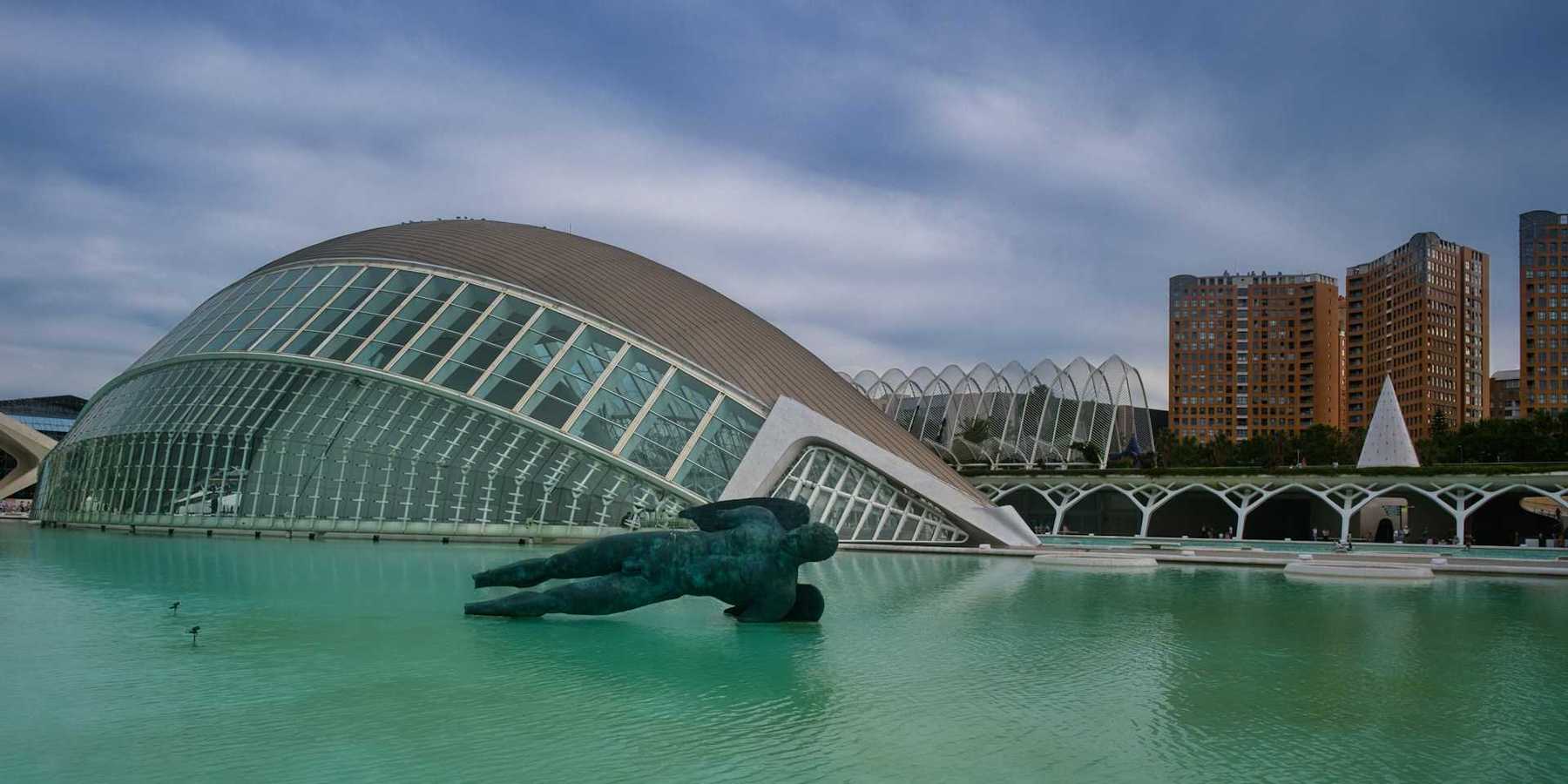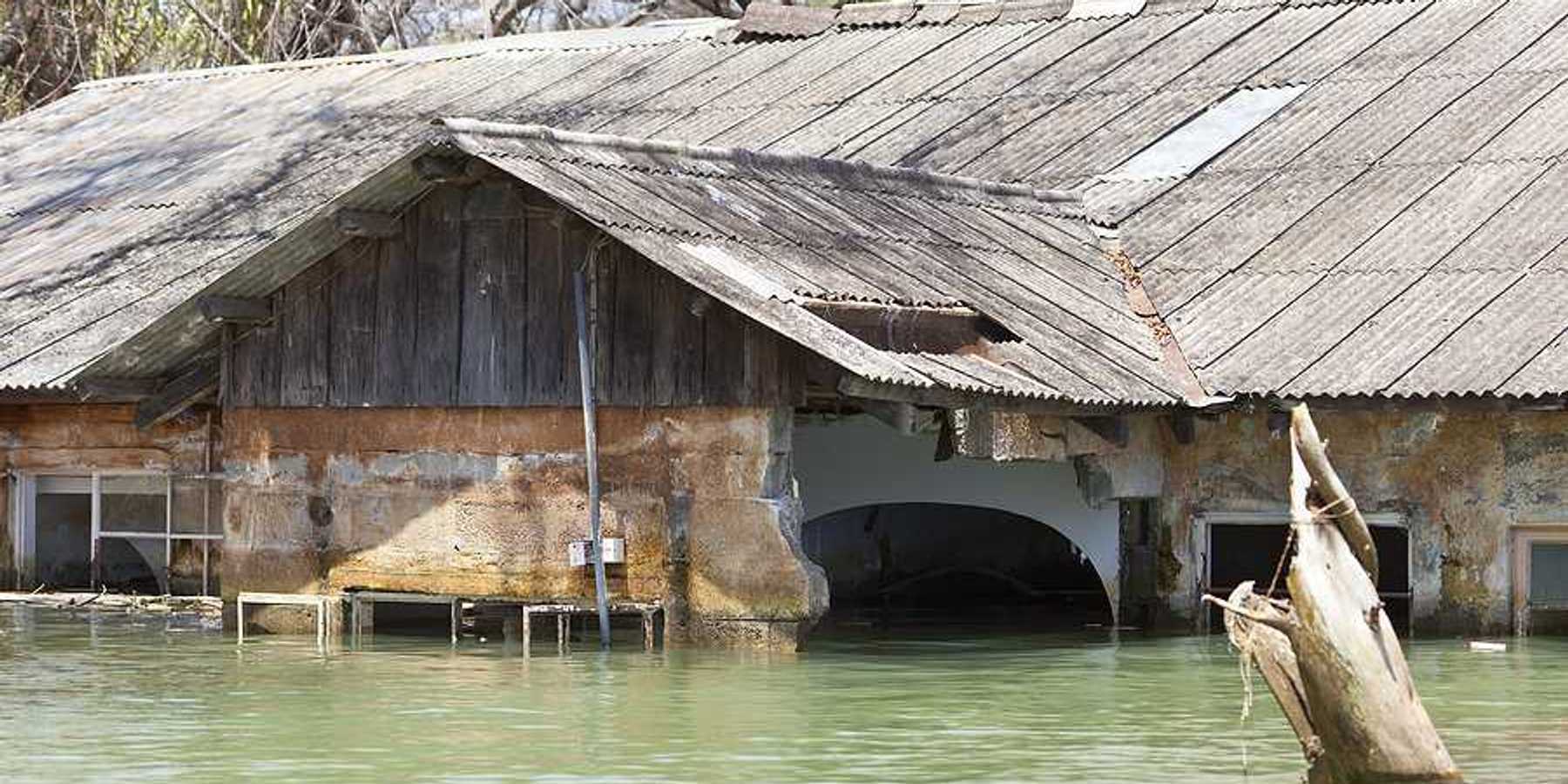Q&A: Scientists warn of a return to the "dark ages" as EPA dismantles research office
The U.S. Environmental Protection Agency has dissolved its 47-year-old research office, folding its scientists into program offices and ending independent studies that informed national health and environmental protections.
Meg Wilcox reports for The New Lede.
In short:
- The EPA has eliminated the Office of Research and Development (ORD), replacing it with a new office housed under the administrator’s control and staffed largely by scientists reassigned from existing research centers.
- Former EPA officials say the restructuring removes essential independence from scientific research, giving political appointees more control and leaving emerging threats like PFAS, wildfire smoke, and endocrine disruptors less likely to be studied.
- The closure of EPA’s Chapel Hill Human Exposure Lab, a premier facility for studying air pollution’s health impacts, ends work on real-world exposures such as wildfire smoke and air filtration, with dismantled equipment and canceled research contracts.
Key quote:
“It feels like we’re moving into the Middle Ages, the dark ages of science … of adhering to some kind of doctrine, which is everything safe, unless you can prove otherwise.”
— Dan Costa, former director of air, climate, and energy research, EPA
Why this matters:
Independent science at the EPA has long played a key role in shaping public health standards, including safe levels for air and water pollutants. The shift from independent research to politically managed studies raises concerns about bias, transparency, and accountability — particularly on issues with powerful corporate interests at stake. Without ORD’s watchdog role, studies on carcinogens, hormone disruptors, and toxic exposures may be sidelined in favor of reviews based on industry-supplied data. The loss of national research coordination could also mean a patchwork of state-level standards, weakening consistent protections.
Related: Trump administration moves to shut down EPA science office













